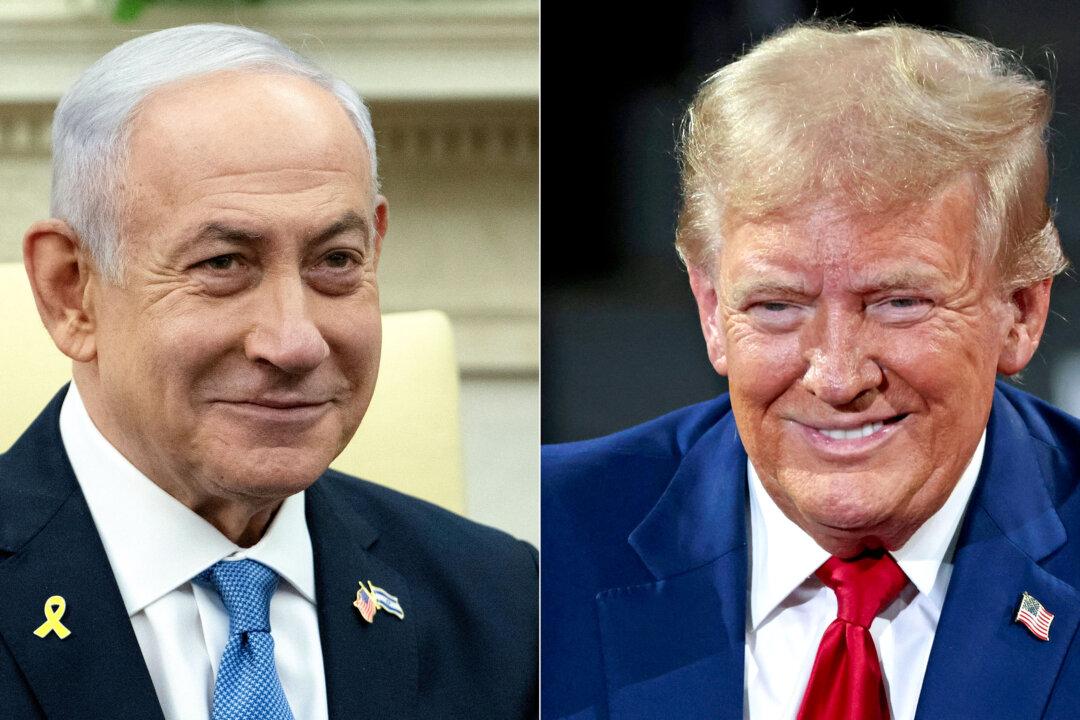Israeli Prime Minister Benjamin Netanyahu said on Feb. 2 that he plans to discuss several topics with U.S. President Donald Trump this week, including “victory over Hamas,” expanding diplomatic relations with Arab countries, and countering Iran.
When Netanyahu visits Trump at the White House on Feb. 4, it will be the president’s first meeting with a foreign leader since assuming office for the second time. Meanwhile, U.S. and Arab mediators are working toward the next phase of a fragile cease-fire deal to end fighting in the Gaza Strip and return dozens of captive hostages.





